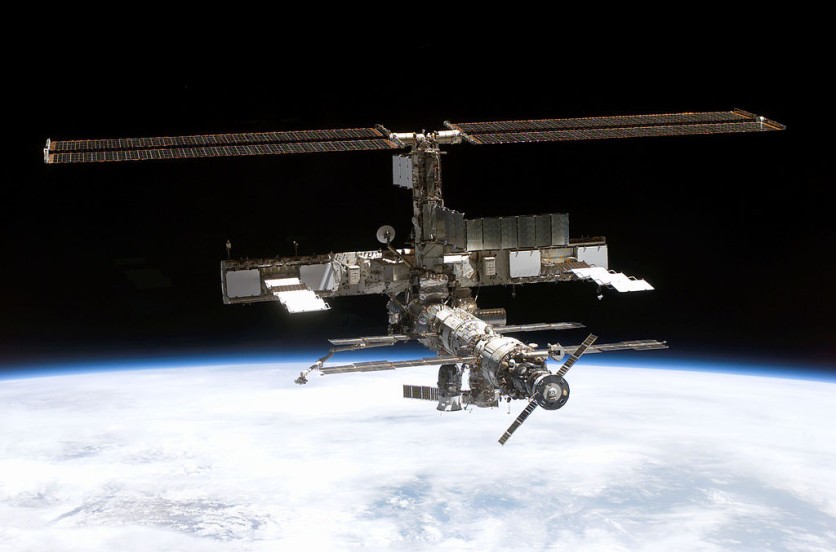
Researchers from the University of California San Diego have recently found that the human stem cells they sent to space have aged faster than the normal rate.
This came after researchers sent samples of human stem cells to the International Space Station (ISS) for about a month with special equipment detectors in place to monitor them.
Human Stem Cells Age Faster in Space Based on New Study
According to a new study published in the Cell Stem Cell journal, the samples sent to the ISS have been found to age rapidly and faster than expected during their monitoring.
Samples of hematopoietic stem and progenitor cells (HSPCs), known for being crucial to blood and immune cells formation, were sent to the ISS for around 32 to 45 days and were monitored by special nanobioreactors.
Engadget reported that the researchers found significant changes to the stem cell samples in the ISS, with the team also keeping a control batch of HSPCs at the Kennedy Space Center for comparison.
It was found that the samples sent to the ISS saw various changes, like "greater susceptibility" to DNA damage and inflammation of the mitochondria. Additionally, the said samples also saw lower self-renewal capabilities.
Read Also: NASA Asks Netflix to Stream Its Live Space Content Featuring Launches, Spacewalks, ISS, and More
Is there a Way to Reverse the Effects of Space?
According to the study, once they removed these from the space environment, the effects it faced partially reversed but did not fully recover.
UC San Diego Stem Cell Institute Director Catriona Jamieson said that "Space is the ultimate stress test for the body."
She added that the study shed light on how much space accelerates the molecular aging of the cells, and how it may help protect astronauts from future long-duration missions.
Space and Its Effects on Humans
It is no secret that spaceflight and staying outside the planet have significant effects on the health of humans.
Astronauts and other types of space voyagers experience significant effects during their stay outside the planet, especially as they are subject to new environments that are different from Earth.
The effects are also more significant to those who are tasked to stay in outer space for extended periods, with a study claiming that MRI scans showed cases of blood vessel swelling, eye troubles, and more.
These effects on longer-term astronauts staying for missions could also be faced by those who join space tourism programs from the likes of SpaceX, Blue Origin, and Virgin Galactic.
Researchers are continuing to study the effects of space on the human body, including both positive and negative effects.
ⓒ 2026 TECHTIMES.com All rights reserved. Do not reproduce without permission.




